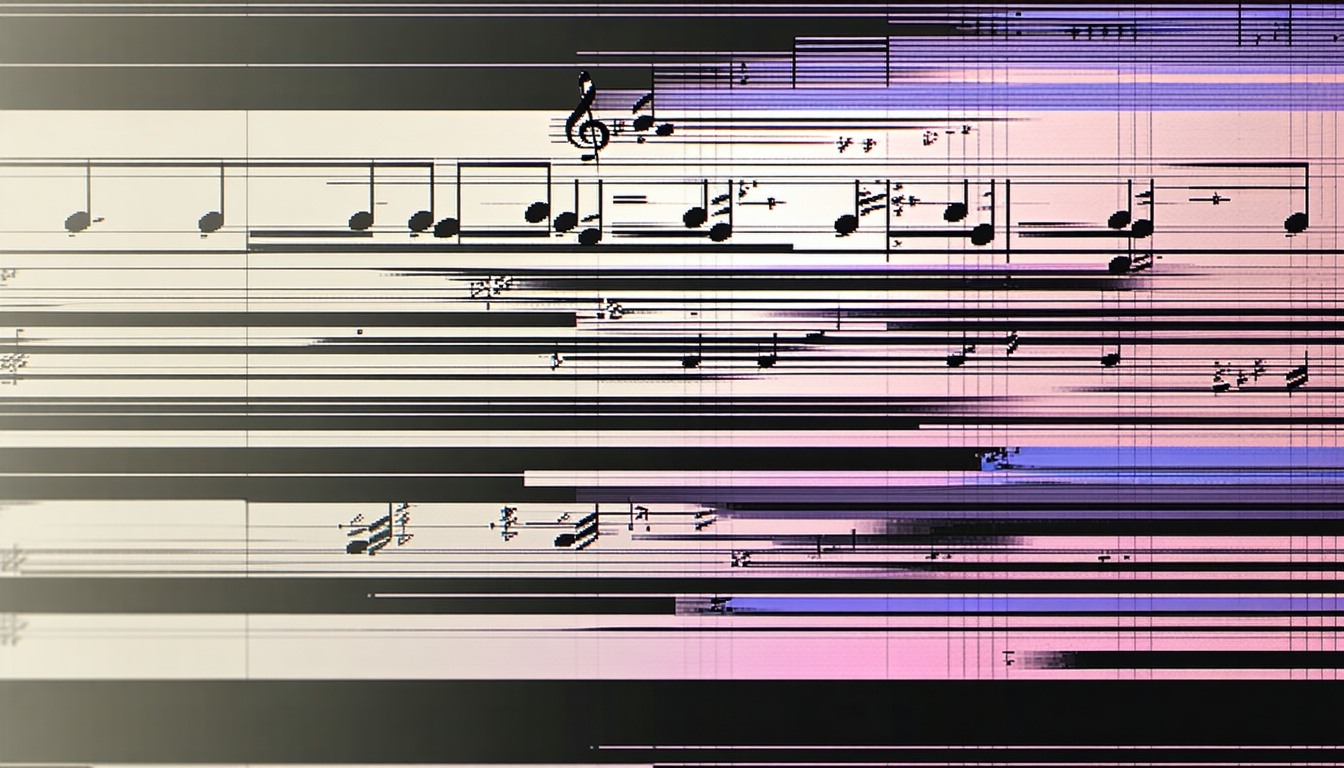Sound Evolution: AI's Game-Changing Impact on Music Creation

In today's rapidly evolving technological landscape, artificial intelligence (AI) has emerged as a transformative force across various industries. Among its most intriguing applications is its role in revolutionizing the creative process for musicians and songwriters. AI tools have opened up unprecedented avenues for enhancing musical craft, offering a palette of possibilities that blend technology with artistry. However, as with any innovation, the use of AI in music creation brings with it a set of challenges, particularly surrounding intellectual property (IP) ownership and the preservation of artistic integrity. This blog explores how musicians can harness AI creatively and legally while safeguarding their originality and rights.
Before delving into the creative potential of AI, it's crucial for musicians to familiarize themselves with the legal framework governing these tools. Each AI platform typically comes with its own terms of service, which delineate the ownership rights over the generated content. Some platforms allow users to retain full ownership, while others may claim partial rights. To ensure your creative output remains yours, choose tools that explicitly state that the user retains ownership of the final product. A thorough understanding of these terms is a vital first step in protecting your intellectual property.
AI's value in music creation lies in its ability to act as a powerful assistant—one that can brainstorm ideas, generate melodies, or refine lyrics. However, it should never replace your innate creativity. By treating AI as a collaborative partner rather than a sole creator, you ensure that your personal touch and originality form the bedrock of your work. The beauty of AI lies in its ability to enhance your creative process, providing a wellspring of inspiration that you can mold and shape into something uniquely yours.
AI-generated content often serves as a starting point. To ensure that your work retains its integrity and originality, it's essential to personalize the AI output. This could involve rewriting lyrics, tweaking melodies, or incorporating personal anecdotes that reflect your voice and style. Such customization transforms the AI-generated material into a true reflection of your artistry. By infusing your personal touches, you preserve the essence of your music and maintain its authenticity.
In the digital age, documentation is key to establishing ownership over creative works. As you collaborate with AI tools, make it a habit to keep detailed records of your contributions to the song. This could include drafts, notes, and recordings of your input. Documenting your creative journey not only reinforces your claim to ownership but also highlights the human effort behind the final product. This transparency is crucial in demonstrating the unique value you bring to your music.
In the spirit of transparency and ethical use of technology, consider acknowledging the role of AI in your creative process. If an AI tool has significantly contributed to your song, giving credit where it's due can build trust with your audience. This acknowledgment fosters a culture of openness and honesty, reinforcing the collaborative nature of your work.
As AI continues to shape the creative landscape, copyright laws surrounding AI-generated content are still evolving. It's important for musicians to stay informed about legal guidelines in their country to ensure compliance. Generally, the more you contribute to the creative process, the stronger your claim to ownership. By staying abreast of legal developments, you can navigate the complexities of copyright law with confidence.
In conclusion, AI has the potential to be a game-changer for songwriters, offering inspiration and efficiency. By treating it as a collaborator rather than a creator, you can maintain the integrity of your work while protecting your intellectual property. Remember, the magic of music lies in your unique voice—AI is just here to help amplify it. With the right approach, you can embrace AI without compromising your artistry or legal rights. Let the collaboration inspire, not overshadow, your creative genius!
